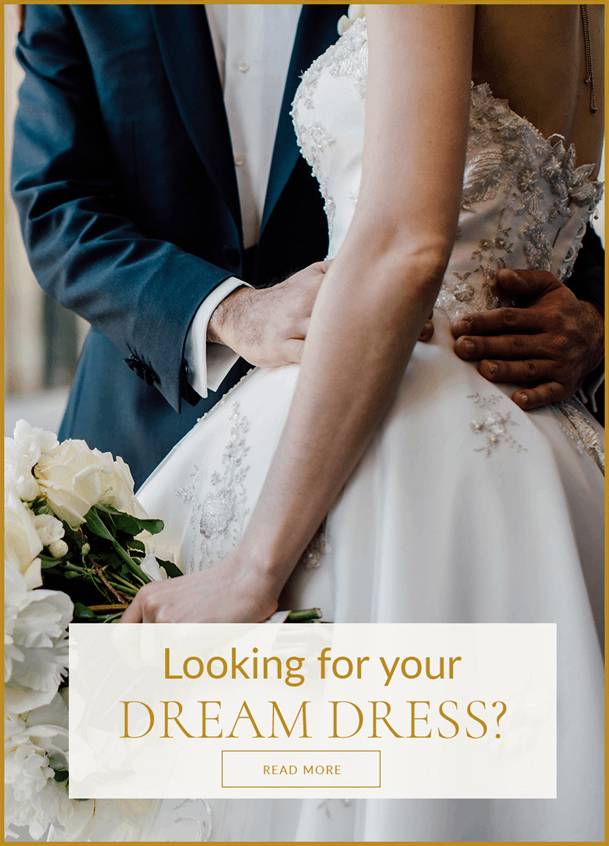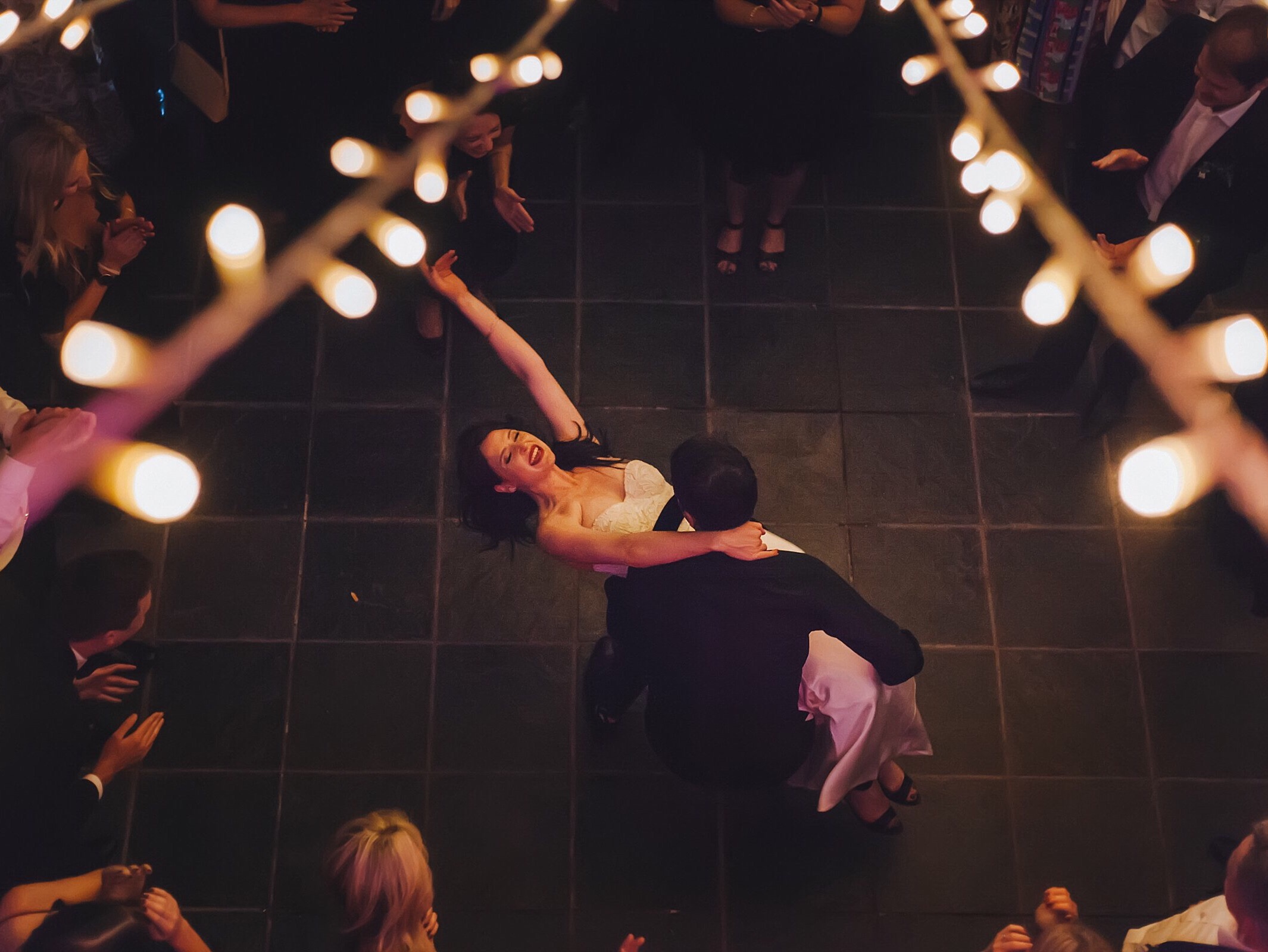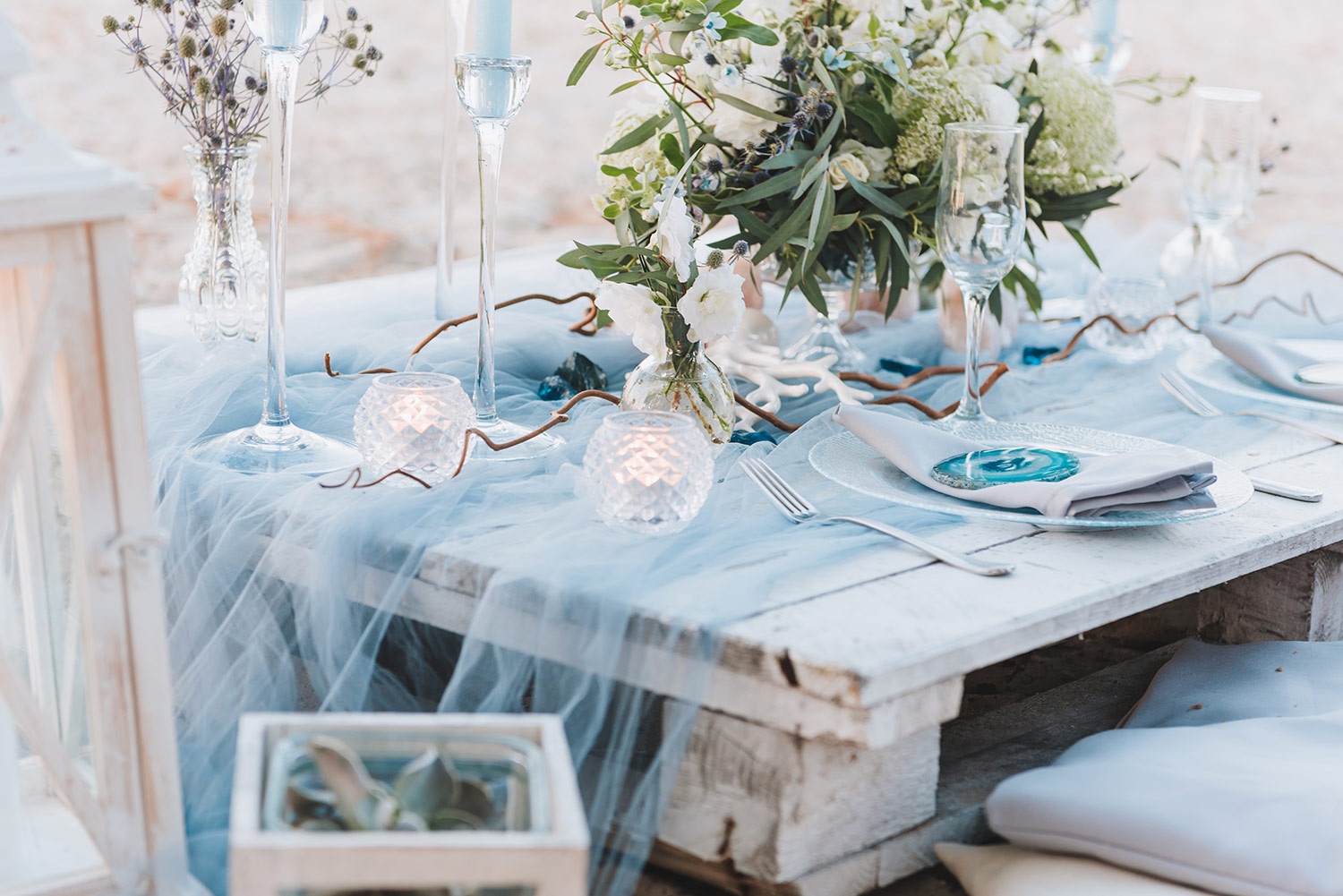Wedding cakes are being destroyed by newlyweds in favour of cobbler carts and doughnut dioramas. Wedding cakes are becoming less popular in Ontario as people want more unique candies.
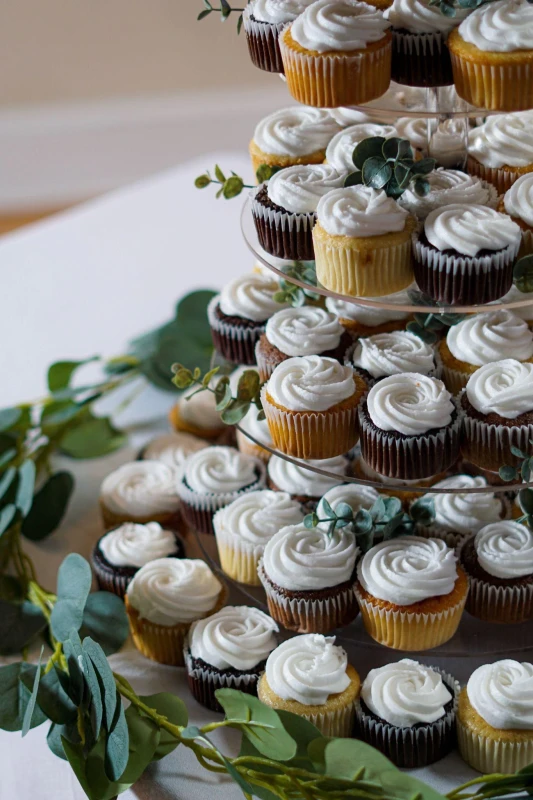
Modern wedding dishes now have a new sweet tenor thanks to alternative sweets like pie and macarons. Rosettes grouped in buttercream bouquets, three tiers high and bursting with delight. It should be timeless, beautiful, and gentle, much like the marriage itself, and everyone in attendance should sigh in the absolute brightness of it all. Wedding cake is a sacred finishing touch to your perfect wedding day.
According to caterers and wedding industry professionals in Ontario, cakes are out. It is estimated that nearly a third of soon-to-be newlyweds in Ontario are choosing alternative happy endings. The cake-cutting ceremony interrupts the reception. These days, "interactional," "grazing," and "fun" are buzzwords.
They typically serve desserts without forks because they want the party to carry on.
Large apothecary jars with toppings can be found on cookie bars and cobbler carts. fruit pies, macaron displays, or a waffle station. Little bourbon pairings with tiny treats. On the dance floor, small sweet delicacies are presented. This trend is not primarily cost-driven.
The growing complexity and elaborate design of wedding and specialty cakes were well documented in the first ten years of this century, fuelled by reality shows like Food Network's "Ace of Cakes" and TLC's "Cake Boss,", young couples are turning towards less formal options for their perfect wedding day, but frequently no less expensive.
Cakes represent a real range, from about $8 per slice for a fully decorated cake up to celebrity cake bakers in Ontario who charge as much as $35 per slice, while wedding catering typically accounts for about half of a total wedding budget.
While all desserts are produced from the same basic ingredients—flour, sugar, butter, and eggs—which are all reasonably inexpensive—it is the level of skill and craftsmanship that drives up the cost. Additionally, Pinterest boards and Instagram feeds enable the rapid dissemination of new wedding desserts fads, such as doughnut walls and parfaits served in Mason jars.
The custom of breaking a hard barley cake over brides' heads in order to invoke Jupiter's reproductive abilities dates back to the time of the ancient Romans.
In the Medieval Ages, it was thought that couples were likely to have many children if they could kiss over a pile of cakes or biscuits without disturbing the stack. The first person to come up with the concept of honouring weddings with a delicious, multitiered fantasy covered with sugared lard was a French chef in the 17th century (proto-icing).
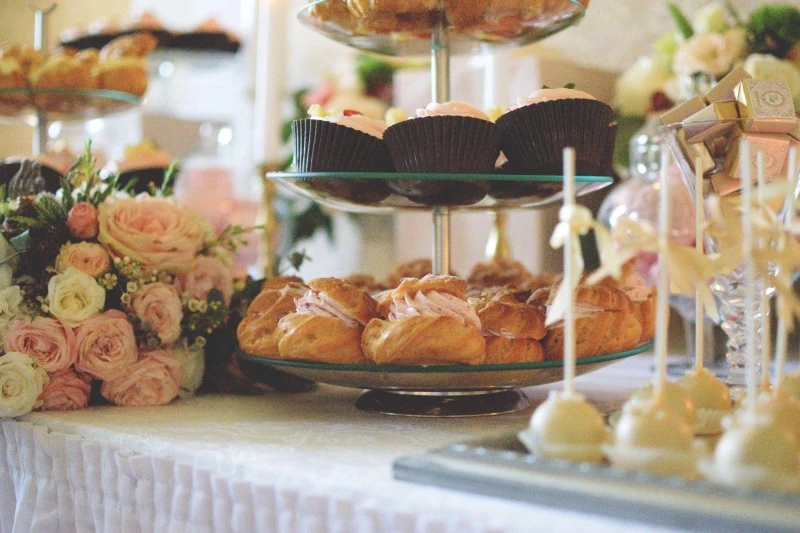
Even though it sounds fantastic, sugared lard is on the decline as modern, portable, and more individualized sweets take its place.
Cake pops of various flavors, delivered in a dramatic but enjoyable manner that has yet to be decided, were the solution. The cake wasn't one of the rituals that received opposition from families.
Cake-making requires a lot of effort and strain. Sometimes, couples prefer something flexible and enjoyable for their guests that would be more appropriate for their themed wedding rather than one major event. Some couples opt for fruit that makes it slightly healthier but slightly riskier for dry cleaning, while sugar, flour, and butter were put to new purposes.
in Ontario, a number of couples are ordering smaller cakes that can only feed half the visitors are being ordered, and they will be supplemented with other adorable sweets.
The cost of a slice of a tiered wedding cake from Buttercream varies depending on how intricate the design is, starting at $5.75. Buttercream recommends 1.5 to 2 pieces of tiny desserts per person for dessert tables, including cake for 40–50% of the guests (the majority of which cost between $1.95 and $3.50 each). For a wedding with 100 guests, that works out to $287.50 for cake and another $700 in tiny desserts, which illustrates how this tactic may drive up costs. According to MacIsaac, a croquembouche can cost between $4.50 and $7 per person, although cupcakes can be more affordable at $3 to $3.50 apiece (customization is an extra charge).
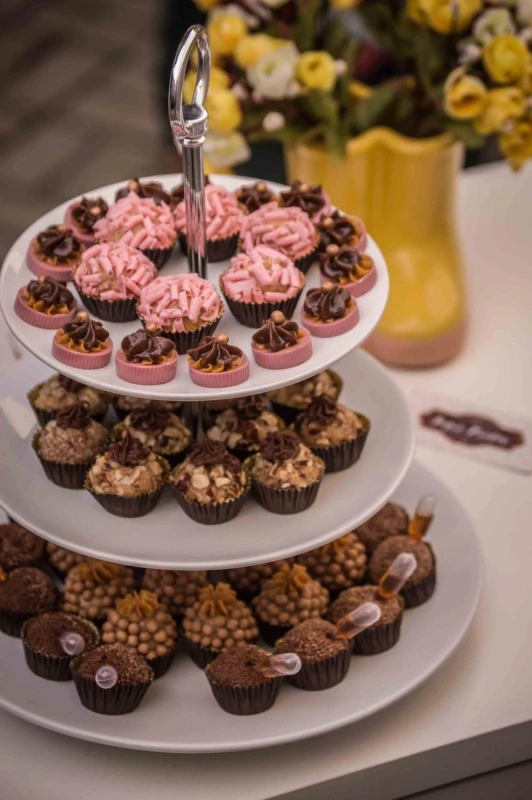
Also, there is a certain visual appeal to anything stunning that is a little out of the ordinary. Towers are also beautiful since they serve small meals. With a cocktail in hand or while tearing up the dance floor, the pieces are simple to devour.
This is completely in line with the other major wedding catering trends, which include: being more portable and participatory; reflecting a more autobiographical, personal narrative; meeting dietary restrictions and specific culinary choices; and being less tradition-bound.
Weddings are still traditional. What has changed, though, is the high/low split. Tacos and tuxedos. The meal has evolved to be easier and cozier. When you're dressed up, adopting the lowbrow might seem arrogant and subversive. Yet, the single most important factor driving contemporary wedding catering trends is choice.
Dietary restrictions are commonplace today, and the concept of stations has taken the place of stale plated food. People like having options, and the guests want to have the freedom to choose what they want. More people are interested in eating.
Couples want their menu to represent their hometowns, families, cultural backgrounds, and even their honeymoon destinations. Getting rid of traditional wedding cakes opens up more room for the couple to display their story on their perfect wedding day.
